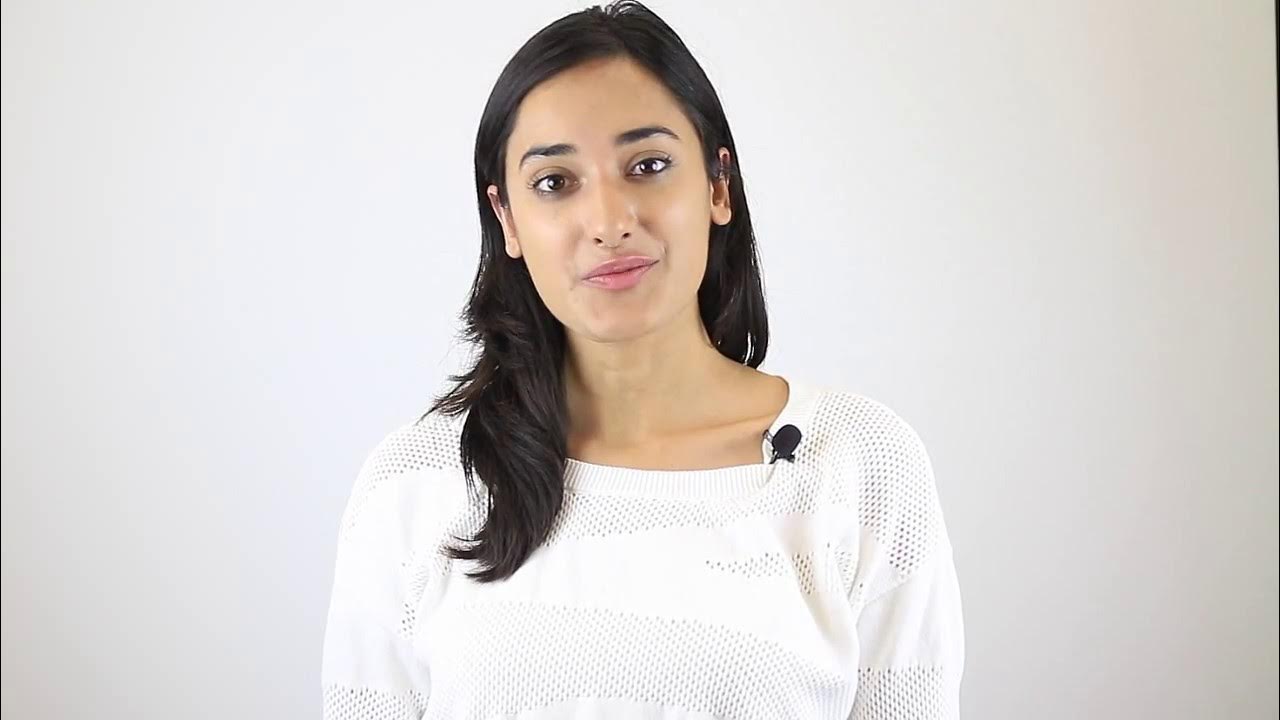Gestão de tempo e planejamento
Summary
TLDRIn this video, the focus is on time management and effective planning, debunking the myth that waking up early makes you more productive. It emphasizes that productivity is about how we manage our time, not just the hours worked. Key concepts include Parkinson's Law, which suggests work expands to fill the available time, and the importance of setting clear goals, defining actionable steps, prioritizing tasks, and organizing routine activities. Practical tips are offered, such as using an agenda, estimating time for tasks, and handling emotional drains. The video stresses flexibility in planning and highlights that efficiency is the key to success, not the quantity of time spent.
Takeaways
- 😀 Waking up early doesn't automatically make you more productive. It's about how you use the available time effectively.
- 😀 Time management is not about managing time itself, but managing your actions within the time you have.
- 😀 The Parkinson's Law suggests that work expands to fill the time available for it, meaning that the more time you have, the longer you may take to complete tasks.
- 😀 Working long hours does not necessarily mean being more productive; the key is working smarter, not harder.
- 😀 Effective time management is about doing more and better in less time, focusing on what truly matters.
- 😀 Planning might seem like a lot of work initially, but it optimizes execution and helps achieve goals more efficiently.
- 😀 The idea of sharpening the axe before cutting down a tree (Lincoln's quote) applies to planning: investing time in preparation leads to better results.
- 😀 Break down your objectives using the SMART method—Specific, Measurable, Achievable, Relevant, and Time-bound—to ensure clarity and focus.
- 😀 Defining actions, priorities, and timelines for each goal helps keep track of progress and ensures nothing is overlooked.
- 😀 The Pareto Principle (80/20 Rule) highlights that 80% of results come from 20% of actions, so prioritize the most impactful tasks in your daily planning.
Q & A
What is the main focus of the video?
-The video primarily focuses on time management and planning, aiming to debunk common myths and provide practical strategies for effectively managing one's time.
Does waking up early necessarily make you more productive?
-No, waking up early doesn't necessarily make you more productive. Productivity is more about how effectively you use the time available, not just the number of hours you have.
What is the concept of time management as discussed in the video?
-Time management is not about managing time itself, but rather managing our actions within the time available. Time simply passes, and it's our responsibility to use it effectively.
What is Parkinson's Law and how does it relate to time management?
-Parkinson's Law states that work expands to fill the time available for its completion. This means that if you have more time to complete a task, you are likely to take longer to do it, often due to procrastination.
What is a common misconception people have about productivity?
-A common misconception is that working longer hours leads to greater success. In reality, working excessively long hours does not always equate to higher productivity.
Why is planning important in time management?
-Planning is crucial because it prepares the groundwork for more efficient execution. It may take time, but a well-structured plan optimizes the entire process, helping you achieve your goals more effectively.
How does the video relate Abraham Lincoln's quote to planning?
-Abraham Lincoln's quote about spending time sharpening an axe before cutting a tree emphasizes the importance of preparation. Just like sharpening an axe, planning may take time but ensures a more efficient and successful outcome.
What are the four key stages of effective planning mentioned in the video?
-The four key stages are: 1) Define clear objectives, 2) Define actions required to reach those objectives, 3) Define and prioritize tasks, and 4) Organize routine activities effectively.
What is the Pareto Principle and how does it apply to time management?
-The Pareto Principle suggests that 80% of results come from 20% of the efforts. In time management, it encourages focusing on the 20% of activities that will lead to the greatest impact, instead of getting caught up in less important tasks.
What are some practical tips for organizing your time effectively?
-Practical tips include using a calendar or agenda to organize tasks, setting time estimates for each task, regularly reviewing your progress, eliminating unnecessary distractions, and ensuring your physical environment is organized.
Outlines

This section is available to paid users only. Please upgrade to access this part.
Upgrade NowMindmap

This section is available to paid users only. Please upgrade to access this part.
Upgrade NowKeywords

This section is available to paid users only. Please upgrade to access this part.
Upgrade NowHighlights

This section is available to paid users only. Please upgrade to access this part.
Upgrade NowTranscripts

This section is available to paid users only. Please upgrade to access this part.
Upgrade Now5.0 / 5 (0 votes)





